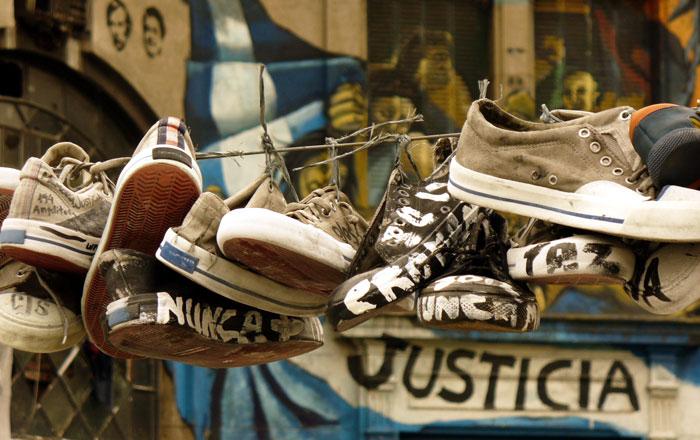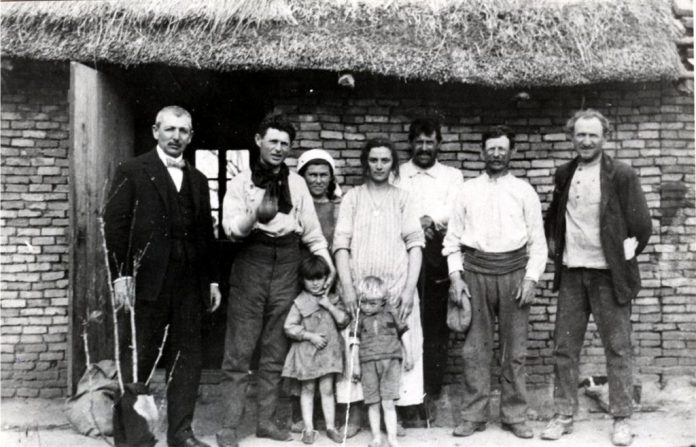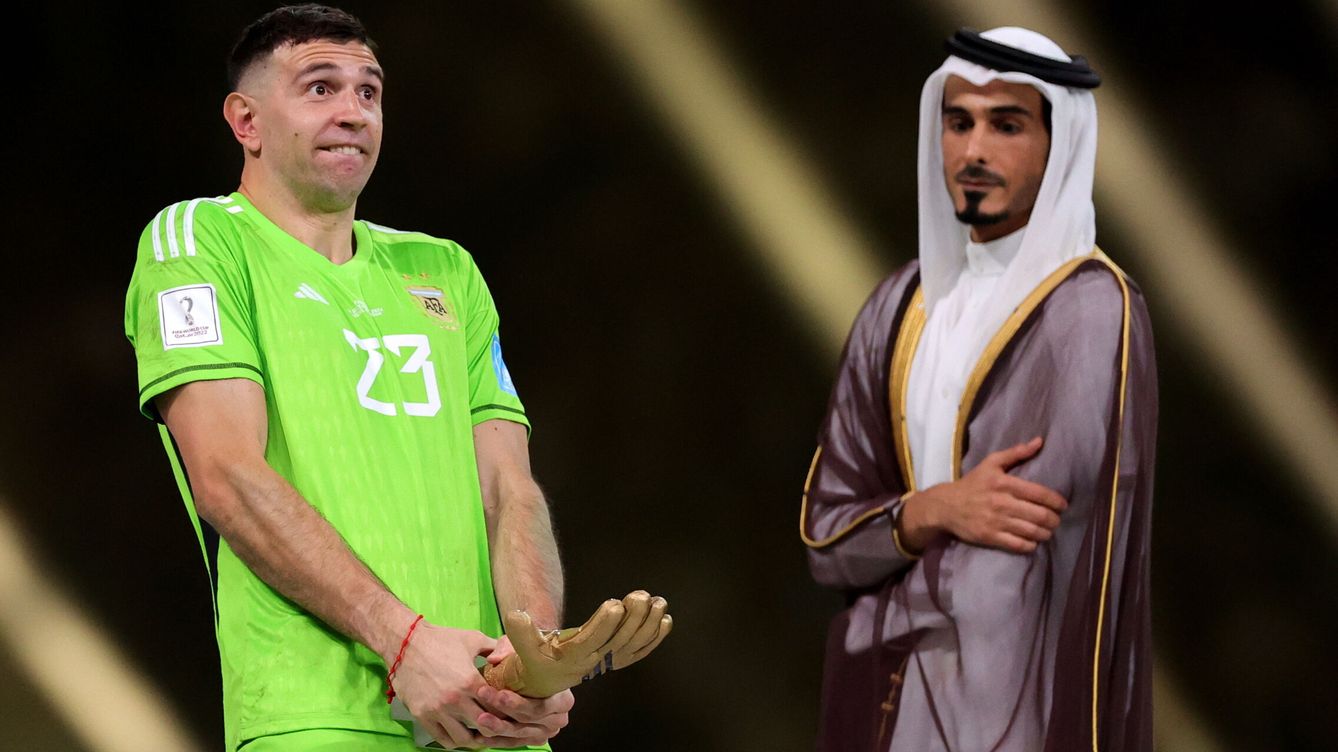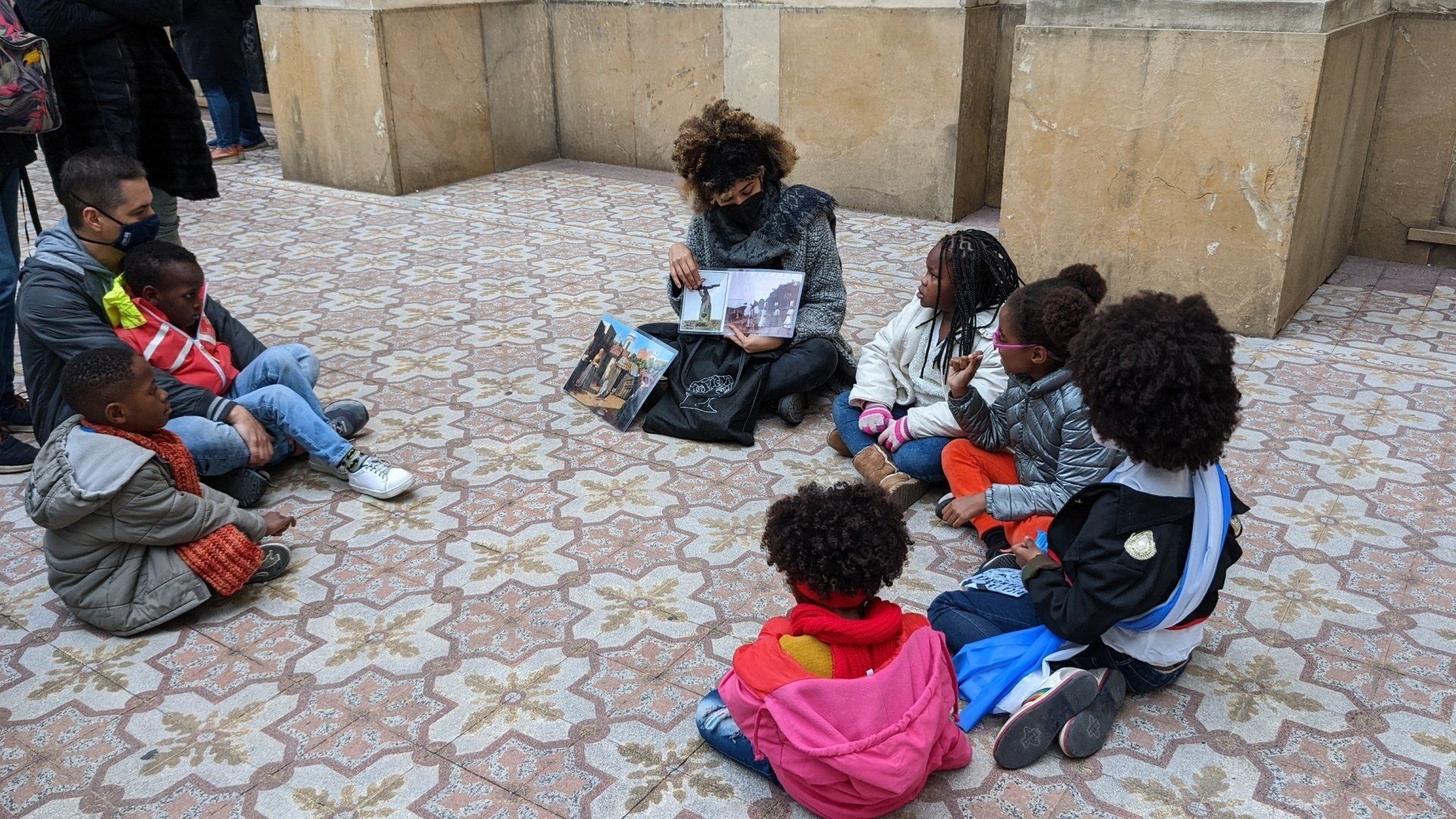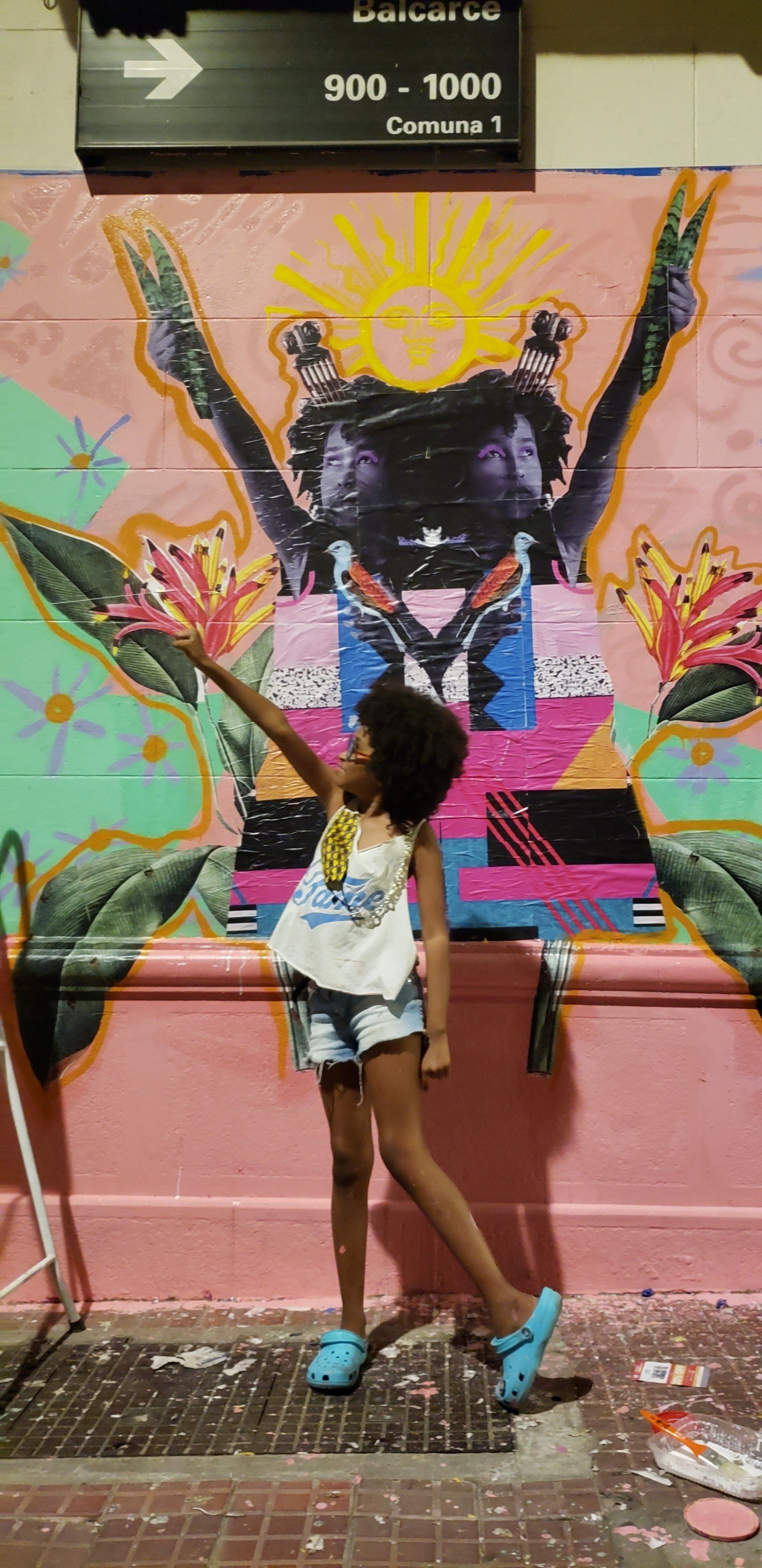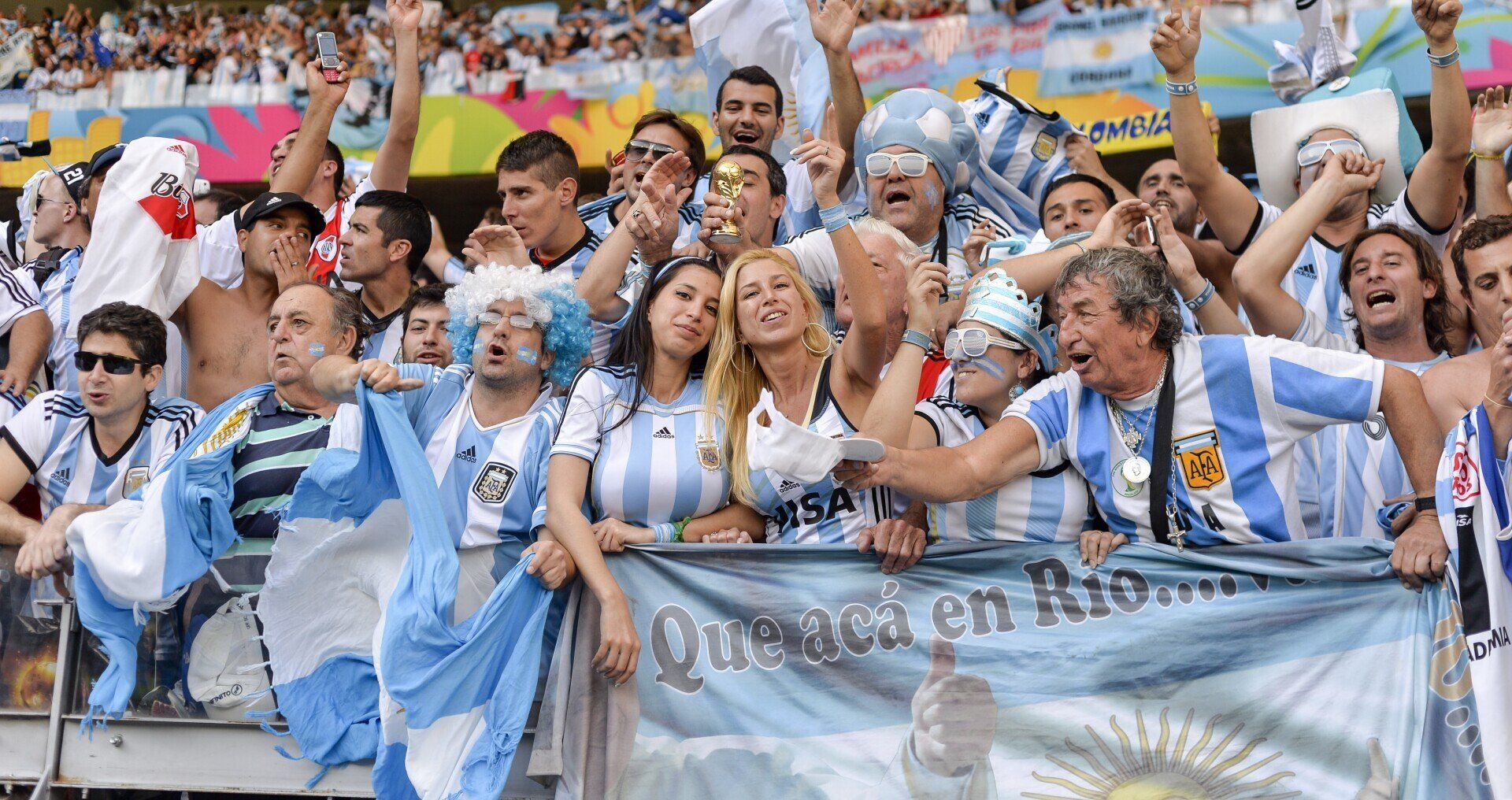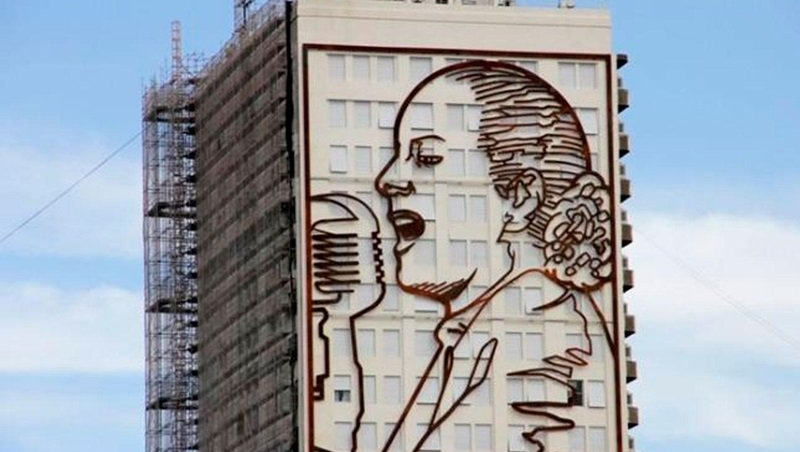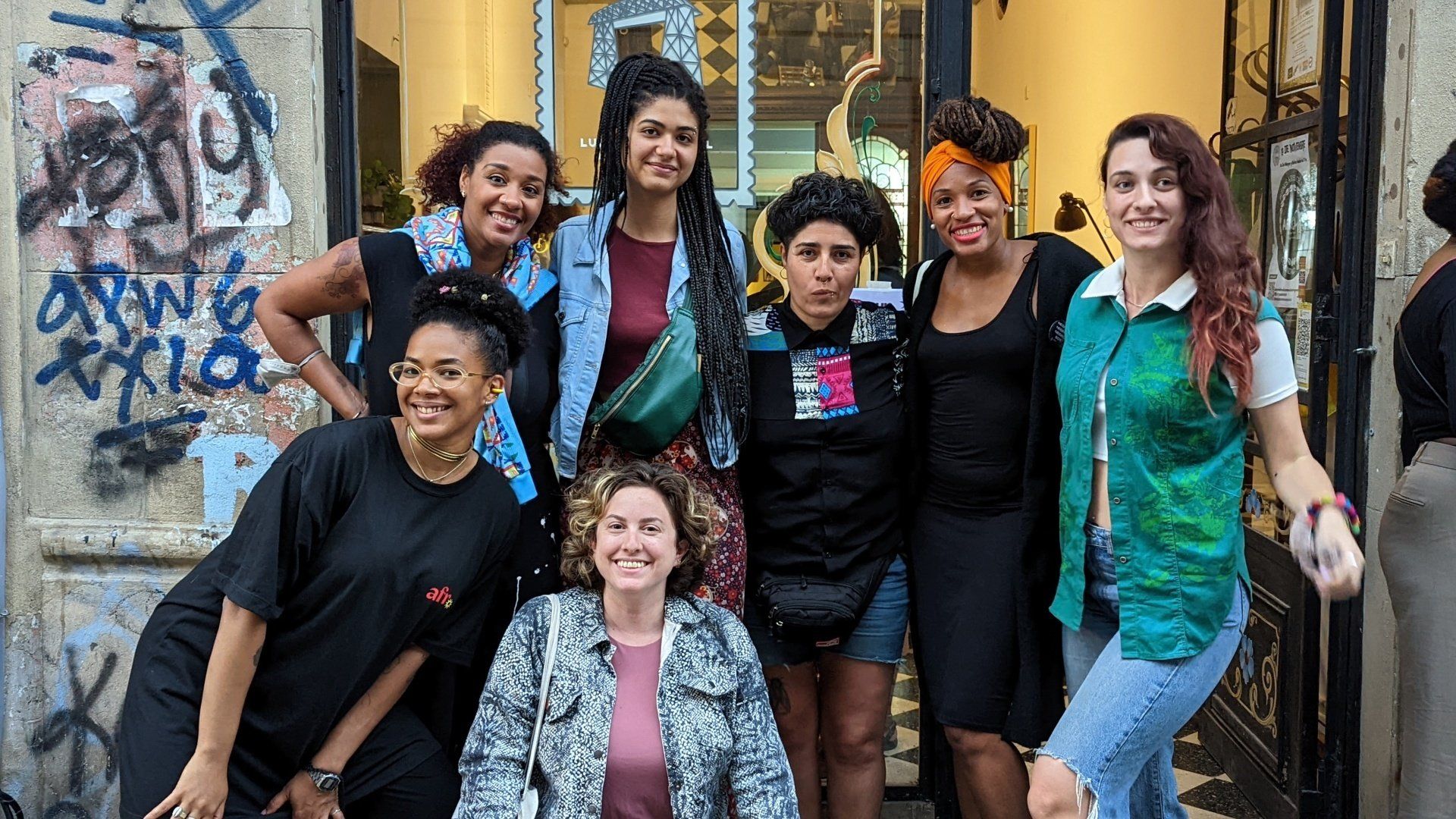La Scaloneta brings glory to Argentina, closure to Messi and a new dawn for an inclusive football
After 36 years, Argentina wins the World Cup again.
Here's what it means to the women of Argentina.
Argentina won the 2022 Qatar World Cup and we're still processing the joy, emotions and symbolism of the epic battle the Scaloneta (our pet name for the National Team, after its Coach Scaloni) fought to bring us glory.
Here at Lunfarda, we were mostly born after the famous championship of 1986, when Maradona brought home the most prized of the sports cups, cementing his status as an icon.
We grew up hearing stories about the madness that overcame Argentina then a legendary tale of passion and overcoming all the odds, followed by an explosion of popular joy. We all dreamt of experiencing that until yesterday, when our wildest dream came true, 36 years in the making.
We grew up with football as our main religion, but a problematic one nonetheless: one riddled with misogyny, racism, transphobia, and other undesirable attitudes. Personally, I never connected much to our previous National Teams, who had big ego clashes, huge tabloid scandals, and little respect or appreciation for the women who supported them at great personal cost. Women and dissidences were largely banned from participating in this sport. I have memories from my childhood of being shun out from the patio during break at school, as men took physically over the space we were all supposed to share, so they could play football without us.
In the end, sports are a reflection of our society, and for most of our lives, football had the stench of female and trans exclusion and patriarchy.
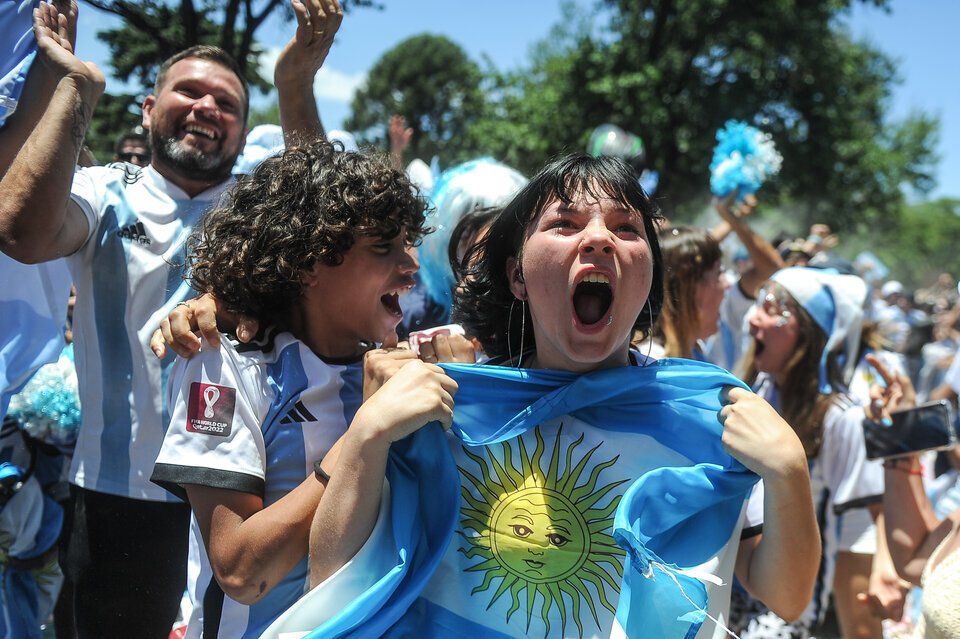
But countries change. And
the Scaloneta was born. A new team for a new Argentina.
A team of people who play with the joy of children and the seriousness of those responsible for making the dream of 47 million people come true. A team of men who are not afraid to cry, hug and kiss each other, who talk openly about how going to therapy helps them cope with their emotions. A team that shows a different masculinity, one that embraces vulnerability. A team made not for egos but for teamplay. Where the eldest pave way for the younguest to shine. All in all, something new, for a new country.
After winning, for the first time, you saw hundreds of thousands of women and girls out, celebrating in the streets, even though public displays of football joy have traditionally been a man's turf.
For the first time Ángela Lerena, a female commentator, shared the game live with millions of Argentines and said with a shattered voice as we won the cup and realized her own milestone: 'I was a tomboy who loved football, look at me family! Look where I am today!'.
She became the first female commentator for the masculine National Team, and the first female voice I've ever heard while watching the World Cup. But for young girls in my country, this is the voice they will grow up with. And maybe their ambitions will grow taller than Dibu Martinez.
Now, women all over the country are taking over the sport, some in their adulthood, finally making good on that dream they could not chase as kids. This phenomenon that gained steam in 2015 after a feminist revolution, where we started claiming back the ground we couldn't take as kids, will only grow after this victory for our country.
This year, most of our songs were chants for the love of our team and country. Songs about Diego Maradona looking down from the sky helping Messi bring the cup, about the illusion of winning again, about the passion we all share for this sport. For the first time, as some of the old-world fanatics sang songs with racist and transphobic lyrics, this new kind of fanatics told them to stop singing it and, for the most part, they did.
The room for bigotry in our beloved sport is growing smaller and smaller. Football is finally becoming a sport not just for Argentine males, but for all of Argentina.
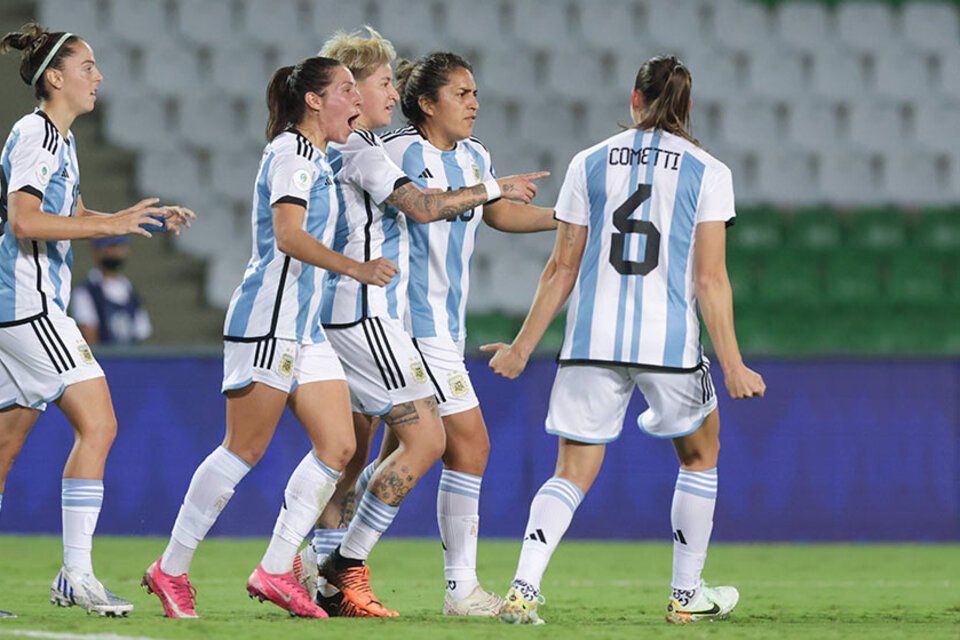
And Messi, Messi, Messi! Our Captain, the best player in the world: he finally got the prize he so deserves, in the last chance he had at getting it. This cup, he regaled us with magic moments, like the dance he played on Croatians before a pass to the young promise Julian Alvarez, who scored to the exhilaration of the whole country. As always, Leo made a display of humility and solidarity to his teammates that is quintessentially anti-Maradonian. A new star an icon for a new Argentina. Before the final match, Sofia Martínez, a journalist stopped Messi, not with a question but with this statement: "There's not a single kid that doesn't have your t-shirt, whether it's the original one, a knockoff or one they invented. You really marked all of our lives and that's bigger to me than any World Cup. No one can take that from you. It's a thank you for a moment of joy you made people experience, I hope you can carry this in your heart because I think it's more important than the World Cup". She instantly went viral as she said the words we all wanted to say. Messi smirked, close to tears.
Lionel Messi has been playing on the National Team for almost 20 years and has played 5 world cups until he got the ultimate ievement in a career mined with accolades. After, all
he is the GOAT. And after yesterday, no one can argue otherwise.

After one of the most suffered, epic games the World Cup has ever wtinessed,
Montiel scored the goal that sealed the end of those painful 36 years. It took 90' full minutes of a superior Argentina that ended in an excruciating 2-2, 30' additional minutes of winning only to tie again, and four heart-attack-inducing penalties for us to score the win we have always dreamt about. As Nahuel pierced the net,
the country jumped up from their seats and roared, shrieked, fell to the ground, thanked the skies, hugged, kissed. We fought our own disbelief: we did it. We are champions again. And our shirts will forever have a third star carrying the legacy of this larger-than-life team.
After watching our team raise the cup across the world in Doha,
millions of people poured into the streets of Buenos Aires turning the entire city into a party that streched well after midnight. Stangers embraced each other, chanted together, shouted and pranced through the streets of the Argentina Capital and in every park and corner of the country. 'Abuelas' got serenated. At night, the Obelisco was lit with the fireworks and adorned with the smiles of kids of all ages who dream they will one day bring the 4th cup home, and who witnessed a true display of fair sportsmanship, sacrifice, teamplay and national pride that will go down in the history books.
No words can give justice to the outpour of joy we're all experiencing.
Thank you Scaloneta for giving us a day we will all carry with us to our final breath.
We're eternal champions, once again!
